Clinical
Case Studies
Based on real scenarios, these clinical case studies help health professionals identify and develop strategies for detecting and managing new health threats caused by environmental challenges. Cases can be explored below – and can be downloaded as slide sets for instruction in medical courses, residency programs, and other educational settings (view instructor guide here).

Extreme Heat
An 83-year-old woman with congestive heart failure, atrial fibrillation, and chronic kidney disease braces for an impending heat emergency.

Emerging Zoonoses
A 28-year-old man presents to the ER in Kerala, India with confusion, fever, and vomiting. His relatives, some of whom catch wild animals and collect fruit, are also in the ER and have similar symptoms.

Displacement & Refugee Health
A 28-year-old woman recently arrived in the U.S. from Somalia presents to your primary care clinic in Seattle to establish care.

Air Pollution
A 55-year-old woman in rural Rwanda presents with progressively worsening dyspnea on exertion and lower extremity and abdominal swelling. She cooks daily using a wood-fired stove in her dirt home.

Climate Distress & Ecoanxiety
You are seeing a 28-year-old patient in the Western U.S. who vaguely complains about “not feeling well” and generally worrying about her health. As you take a history, you find that she has significant concerns about climate change and the state of the environment.

Toxic Exposures
In a rural area of West Africa, a three-year-old child is admitted to the local hospital with abdominal pain and decreased responsiveness after a witnessed seizure.

Pandemic Preparedness
A 44-year-old woman presents to your primary care clinic with severe headache, fever, chills, nausea, vomiting, diarrhea, and a diffuse rash. She just traveled back from Uganda, where she went on a safari.

Food Security
A 50-year-old male living in a small town in rural Alaska presents for diabetes follow up. This patient has a history of hypertension and diet-controlled diabetes.

Vectorborne Diseases & Climate Change
A female in her thirties presents to an emergency room in Miami, Florida with fever, headache, and flank pain.

Water-Related Disasters
A 27-year-old male presents with severe pain in his right leg 7 days after a monsoon resulted in a severe flash flood in his community in the Philippines.

Pets & Other Animal Sentinels
A 60-year-old woman is admitted to the hospital in the Northeastern U.S. with fever, headache, nausea, vomiting, fatigue, and altered mental status. She reports that her dog died the week before – that also had fever and neurological problems.
Learning Objectives
CLINICAL KNOWLEDGE
Recognize, assess, and address planetary health concerns in different clinical settings, including air pollution, heat exposure, toxics, zoonotic disease, and environmental anxiety.
PATIENT-CENTERED CARE
Provide patient-centered anticipatory guidance and support for medical issues related to planetary health.
INTERPROFESSIONAL ENGAGEMENT
Collaborate across specialties and health professions to promote health and ensure the continued delivery of care in the face of planetary health stressors.
CLINICAL COMPETENCIES
Apply knowledge of planetary health core content to clinical encounters (e.g., identifying medical diagnoses and other health determinants that make patients vulnerable to planetary health threats).
DETECTING SENTINEL CASES
Demonstrate the ability to detect sentinel cases of adverse health outcomes related to environmental change and planetary health factors.
QUALITY IMPROVEMENT
Engage in environmental sustainability and healthcare decarbonization efforts; support adaptations designed to promote the uninterrupted delivery of healthcare in the face of environmental change.
LEADERSHIP DEVELOPMENT
Learn to advocate for planetary health solutions with an emphasis on systems thinking, environmental justice, and community engagement.
